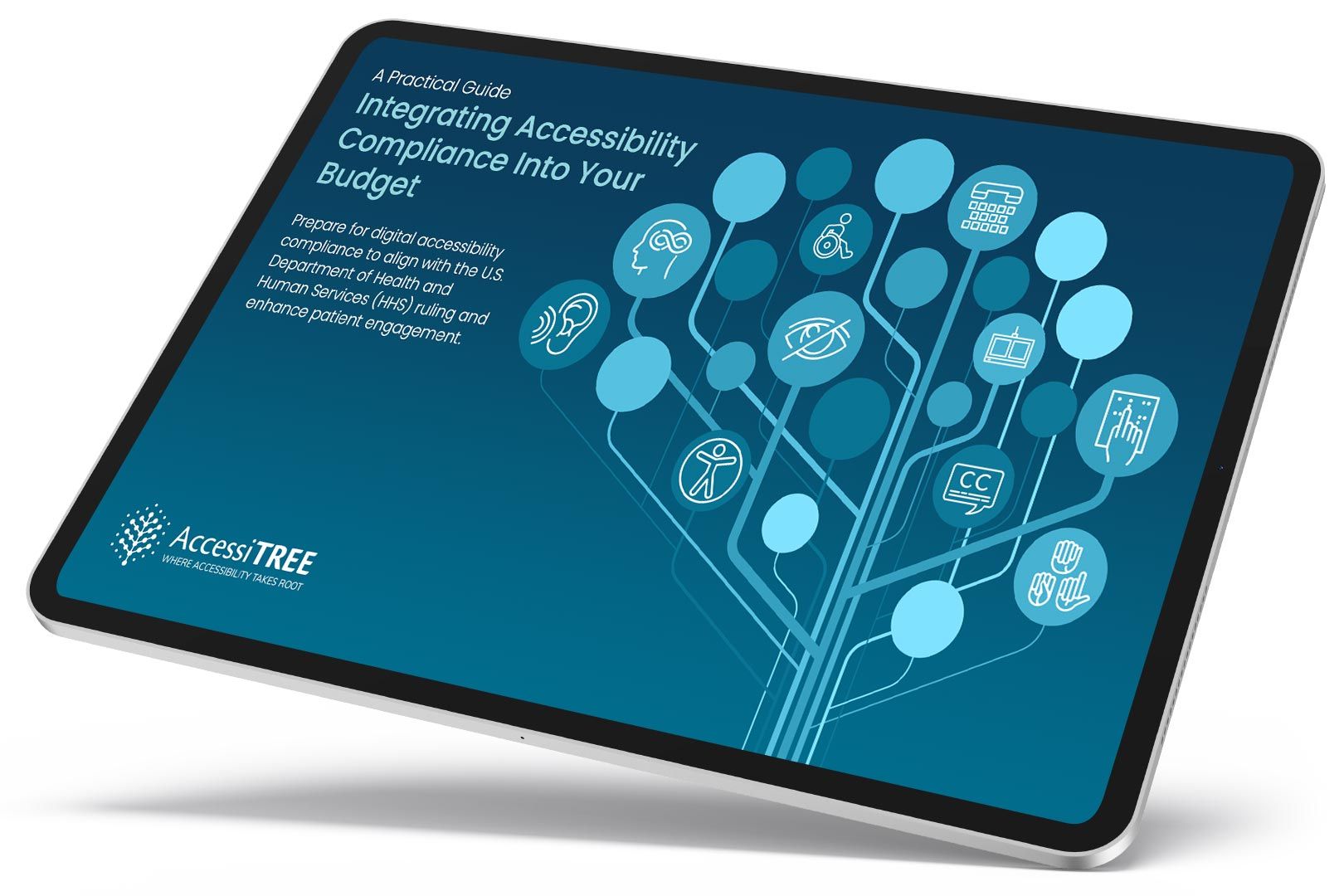Clarify Pronunciation Where Meaning is Ambiguous
A mechanism must be available for identifying specific pronunciation of words where meaning in context is ambiguous without knowing the pronunciation.
Why It Matters
Some words have different meanings depending on pronunciation (homographs, e.g., “lead” metal vs. “lead” to guide; “content” noun vs. “content” adjective). Screen readers may guess the pronunciation incorrectly, leading to confusion. Providing pronunciation information clarifies the intended meaning.
Fixing the Issue
Identify words whose meaning depends on pronunciation and could be ambiguous in context. Provide the correct pronunciation using methods like:
- Including the pronunciation in parentheses immediately following the word (using phonetic notation like IPA or a simpler respelling).
- Linking the word to a glossary or footnote containing the pronunciation.
- Using technologies like SSML (Speech Synthesis Markup Language) within specific contexts if supported, although this is less common for general web content.
- Rewording the sentence to avoid the ambiguity.
Good Code Example
Providing pronunciation help inline:
<p>
The project lead (leed) presented the findings. She will lead (leed) the next phase too.
</p>
<p>
Please record (re-CORD) the minutes of the meeting; it's a new company record (REC-ord).
</p>
<p>
Are you content (con-TENT) with the content (CON-tent) of the report?
</p>The project lead (leed) presented the findings. She will lead (leed) the next phase too.
Please record (re-CORD) the minutes of the meeting; it’s a new company record (REC-ord).
Are you content (con-TENT) with the content (CON-tent) of the report?

A practical guide for healthcare leaders navigating WCAG compliance.